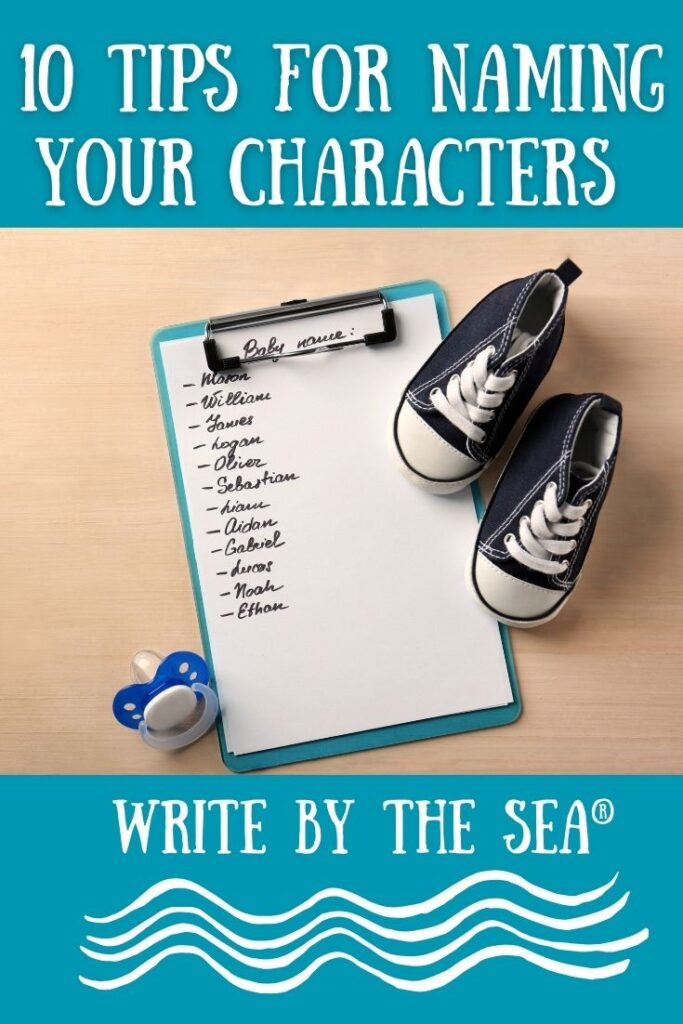
A Guest Post from Children’s Writer Melissa Abramovitz
Grow as a Writer
I recently viewed a short video that featured Rabbi Dr. Abraham Twerski, a renowned rabbi who is also a psychiatrist who specializes in substance abuse treatment.
Twerski has also published dozens of books related to psychiatry, ethics, addiction, self-improvement and religion.
In the video, titled “Grow Through Adversity,” Twerski spoke about how lobsters repeatedly shed their shells when their growth makes the shell uncomfortably tight.
When this happens, the lobster hides under a rock to protect itself from predators, sheds the too-tight shell, and grows a new one.
In Twerski’s words, “The stimulus for the lobster to be able to grow is that it feels uncomfortable.
Now, if lobsters had doctors, they would never grow because as soon as the lobster feels uncomfortable, goes to the doctor, gets a Valium, gets a Percocet, feels fine, he never casts off his shell.
I think that we have to realize that times of stress are also times that are signals for growth, and, if we use adversity properly, we can grow through adversity.”
And the Connection To Writing…
Twerski’s lesson was especially meaningful for me because an editor with whom I had never worked had just contacted me about possibly writing one or more educational books for a series.
Other editors at the publishing house where she works (who had previously worked with me) had recommended me, and the book(s) she wanted me to write sounded intriguing.
But I hesitated to sign on because, first of all, I already have more writing assignments than one person can handle, and, secondly, I have never written anything quite like the books in this series.
Unlike the straight nonfiction books I usually write, the books in this series combine historical facts with a fictional story line.
The editor sent along samples of books in the series, and I asked her to give me a couple of days to consider whether or not I could realistically fit another book into my schedule.
In truth, I knew I could actually fit in another book because the editor told me I could pretty much set my own deadlines.
But what I really needed to think about was the fact that I was scared to try something new, even though I loved the sample books the editor sent and I thought it would be a fun series to work on.
In other words, the prospect of growing my skill set was frightening.
Although this dilemma certainly did not reach the level of adversity of other recent challenges in my life, Twerski’s lobster analogy was especially meaningful to me as I pondered what I should do.
Beyond Comfort Zones
I know I’m good at writing nonfiction educational books; I’ve written more than 50 for various educational publishers.
As far as fiction goes, I rarely write fiction, though I have had several fictional stories for children and adults published over the years.
But I’m not nearly as comfortable writing fiction, and it takes me a lot longer than nonfiction because I’m not as fluent a fiction writer.
And I have never done anything like basing a fictional story on documented historical facts.
But were these good enough reasons not to try something new?
Much as I love writing nonfiction, over the years I have found myself yearning to expand my fiction-writing skills.
But I haven’t done so because it’s much more comfortable to stick with what I do best.
Yet here was an opportunity to venture outside my comfort zone – and it came with a guaranteed paycheck unless I really messed up.
But if I messed up and did a poor job, my days of writing for that publisher would be over.
Being the perfectionist that I am, I concluded that I should turn down the offer because I could not bear the thought of not doing excellent work in any situation.
I almost emailed the editor my decision to not take on the new book, but the image of lobsters outgrowing their shells and growing new ones made me hesitate.
I realized that if I didn’t allow myself to grow by trying something new, I would never become a better and more versatile writer.
And I realized that I could minimize the chances of the failure that I so dreaded by doing what smart people do when taking on a novel challenge – I could allow someone with relevant expertise to help me out.
So I told the editor I would love to do the book, but added that I had never done anything similar and hoped she wouldn’t mind if I asked a lot of questions.
The editor replied that she wouldn’t mind at all.
She added that she likes working with writers who aren’t afraid to ask questions so they can do the best possible job on an assignment.
So I signed a contract, and I’m ready to stretch my writing muscles a bit.
I guess if those muscles ache too much from the exertion, I can always hide under a rock for a while until I muster the courage to show the editor my first draft.
Is discomfort with new things and fear of failure keeping you from growing your skill set as a writer?
If so, consider the benefits of turning these negative feelings into motivators for new growth, rather than running away from the opportunities these negative feelings can create.
About Melissa Abramovitz
 Melissa Abramovitz is an award-winning author/freelance writer who specializes in writing educational nonfiction books and magazine articles for all age groups, from preschoolers through adults.
Melissa Abramovitz is an award-winning author/freelance writer who specializes in writing educational nonfiction books and magazine articles for all age groups, from preschoolers through adults.
She has published hundreds of magazine articles and more than 50 educational books for children and teenagers.
She also does freelance editing and critiquing and writes short stories, poems, and picture books, and is the author of the acclaimed book for writers, A Treasure Trove of Opportunity: How to Write and Sell Articles for Children’s Magazines.
Melissa graduated summa cum laude from the University of California, San Diego with a degree in psychology and is also a graduate of The Institute of Children’s Literature.





